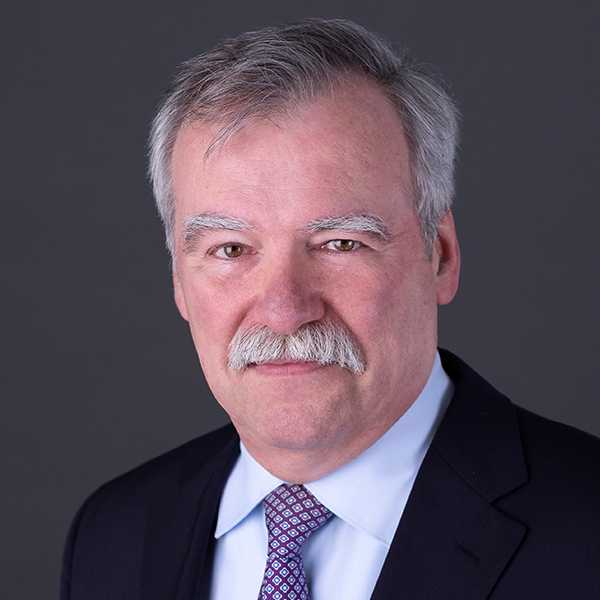Non-hourly fees for innovation and to reduce legal spend, writes Richard Stock
Just a few years ago, I was asked to present a request for proposals (RFP) simulation for legal services at a national conference of general counsel. The scenario was designed to question assumptions held by both buyers and providers of legal services. For the simulation, imagine a company called Perpetual Power Corp. (PPC), that manufactures and sells wind turbines. The headquarters is in Norway and the law department has lawyers in Oslo, Turkey, the United States, Brazil and India. PPC retains 12 firms for 21,500 hours of legal support on five continents.
One of PPC’s initiatives is to reduce its number of firms to no more than three. Its general counsel has invited three incumbent firms to submit proposals for as much of the work that they believe they can competently manage. About 30 per cent of the work is commercial, 45 per cent is litigation, with the remainder for labour, IP and environmental matters distributed across the regions. Apart from reducing its administrative workload and securing predictable pricing for the future, PPC wants its firms to offer the right balance of coverage, competence, and costs.
The imaginary Fudd & Leghorn LLP has been doing most of PPC’s US work — about 40 per cent of its global requirements. Fudd is offering to cover the Americas by collaborating with law firms in Brazil and Argentina. Fudd’s proposal is not specific about coverage for Chile. And it is offering limited information about its capabilities for environmental work. Overall, Fudd & Leghorn is light on quality assurance protocols and the credentials of its South American firms, preferring instead to emphasize its own history of service delivery with PPC to secure more work. Still, the firm proposes to increase its discount to 20 per cent and is agreeable to a fixed price and 36 equal payments, with no hours to be reported to PPC. In summary, Fudd & Leghorn is relying on a calculated strategy to increase its market share to 50 per cent.
Prudential & Gibraltar LLP is a Swiss firm with offices in 20 European cities. The firm has a 25-year history with PPC, dating back to the creation of the company, with legal support mostly in Europe. Prudential’s proposal is to take on all of PPC’s European and African work, approximately 40 per cent of PPC’s global requirements, by collaborating with firms in Cairo and Nigeria. Their proposal does not mention legal project management or budgeting. There is no apparent link of service delivery to available collaboration technologies.
The financial side of Prudential & Gibraltar’s proposal consists of a blended hourly rate of €300, plus an annual rate increase of 2.5 per cent for Europe, and a blended hourly rate of €200 plus an annual rate increase of 2.5 per cent for work in Africa. A 15-per-cent rate discount is built in. Billing would continue on an hourly basis. Prudential is expanding its coverage slightly, albeit by collaborating with secondary firms. Overall, its proposal is designed for a conservative client looking for stable hourly pricing.
The third fictional firm, Mark & Whatney Inc., has supported PPC for five years with IP, environmental and specialized litigation work. It has expertise in Six Sigma and other process-improvement methodologies, with experts in India, Japan and the US. The firm is prepared to bring that expertise to PPC’s headquarters in Oslo.
With a proven track record in process improvement and a solid network, Mark & Whatney proposes to do 70 per cent of PPCs work worldwide — virtually all of its litigation, IP and environmental legal requirements. Its strategy would not disrupt PPC’s relationships with long-standing commercial and corporate firms.
The firm proposes a fixed fee, discounted by 10 per cent, and then discounted again by 15 per cent if PPC is prepared to commit to ongoing efficiency projects. The firm believes that it can reduce PPC’s requirements for legal services and is prepared to adjust its price up front to reflect this approach. An annual review and adjustment mechanism of the annual fee would examine significant variations from estimated and agreed work volumes and the complexity mix of matters.
The three-firm simulation illustrates a watershed opportunity for companies like PPC to move away from hourly billing in favour of a fee arrangement promoting efficiency, innovation and lower costs. The scenario has two firms offering simplified billing, reporting and payment — attractive to law departments that want to shed administrative activity. PPC could well accept to allocate all of its non-commercial work to a global provider that can balance competence, coverage and costs. Provided the data analytics are solid and the RFP is thorough, the winning combination of firms should be clear. Designing the right type of RFP makes the choice easier. Most law firms are ready for a change.
Richard G. Stock, M.A., FCG, CMC is a partner with Catalyst Consulting. The firm has been advising corporate and government law departments across North America and abroad since 1996. For law department management advice that works, Richard can be contacted at (416) 367-4447 or at [email protected].











